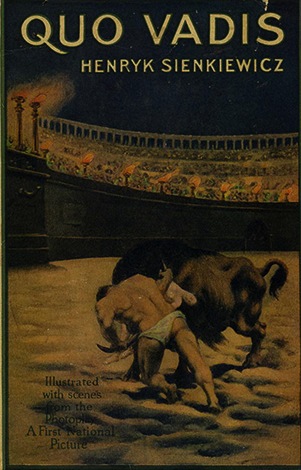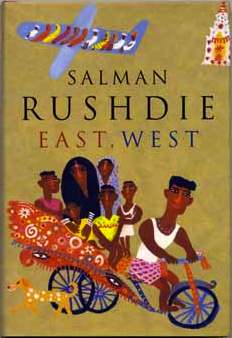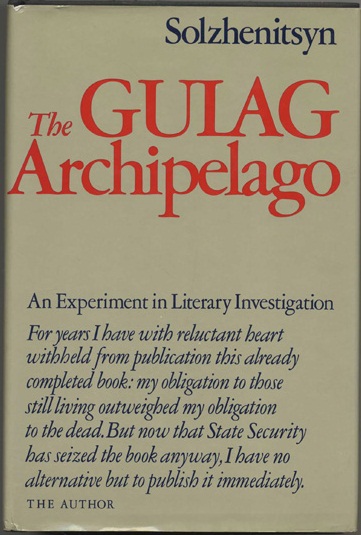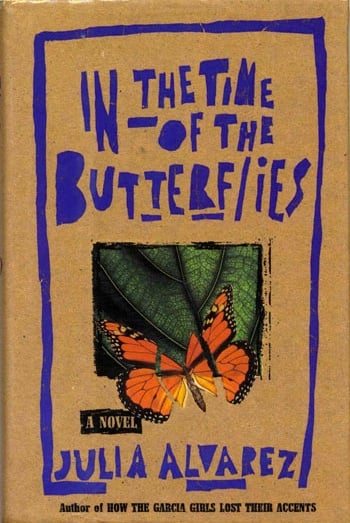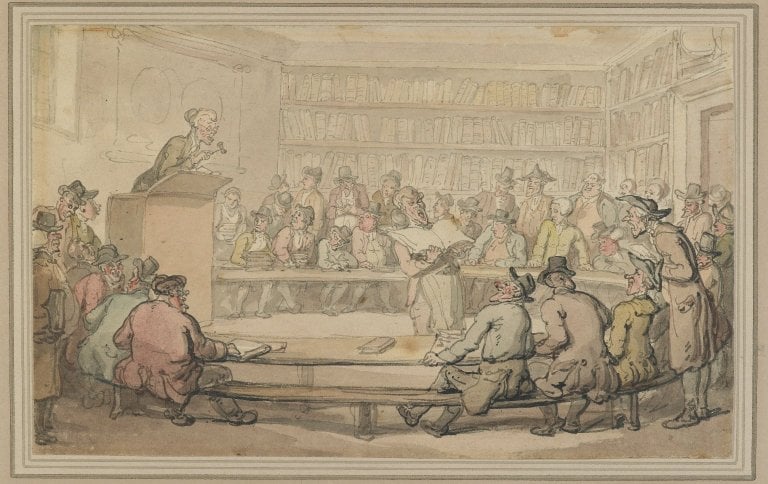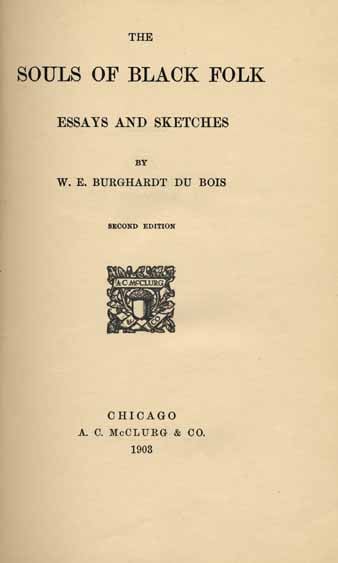In 15th century Europe, the act of accumulating a collection of written works was linked to prestige and wealth. An early collector from this period, Philip the Good, proves an interesting study. As the Duke of Burgundy, Philip amassed a vast collection of texts, more specifically, illuminated manuscripts. During his reign, he contributed to a flourishing of the arts throughout the Burgundy province.
us toll free: 1-800-948-5563 international: +1 (843) 849-0283 UK: +44 (0) 1334 260018




